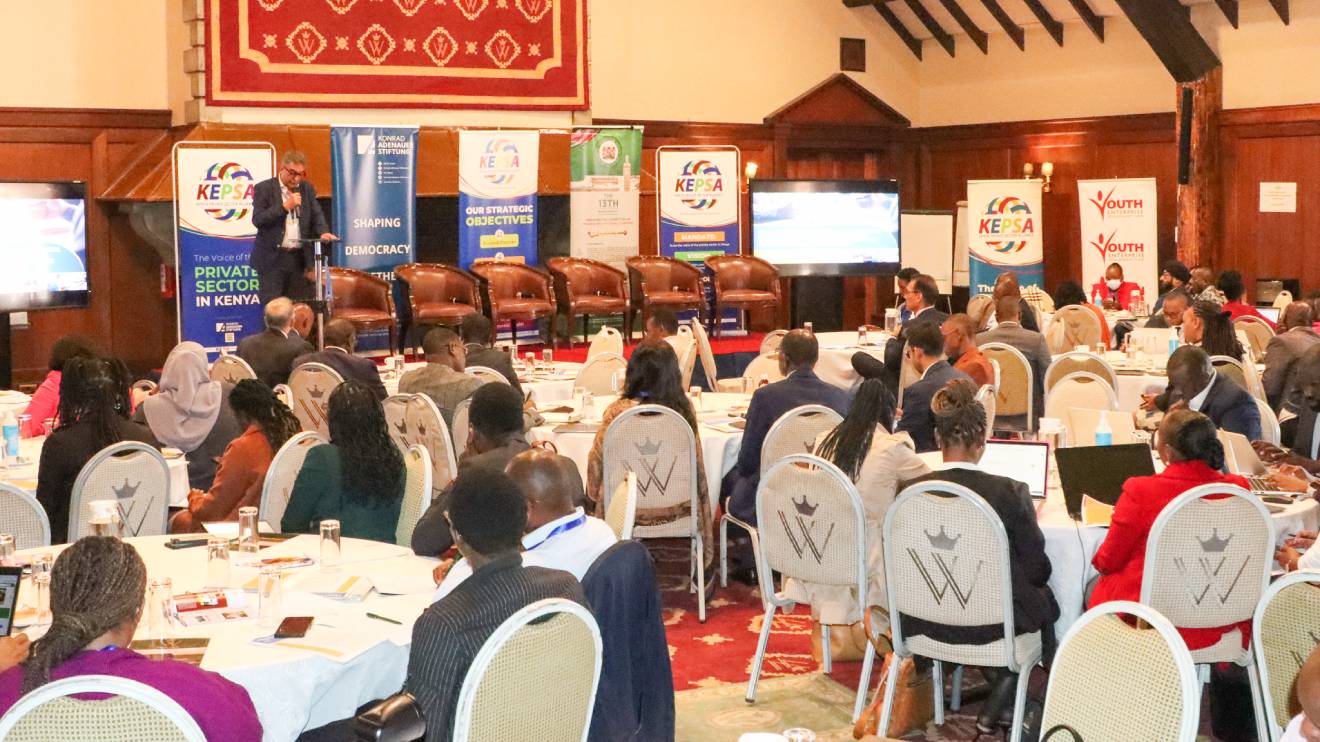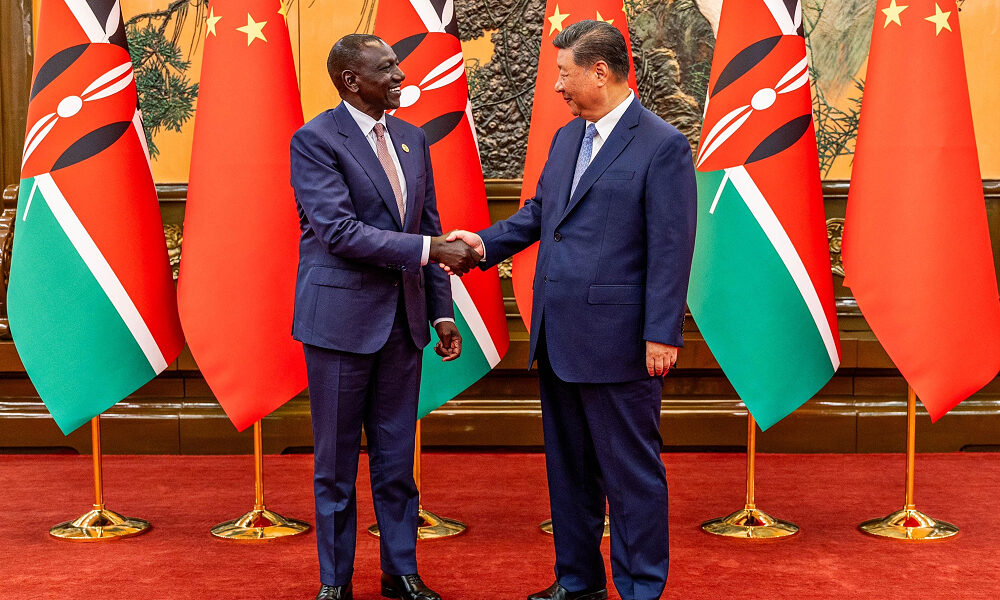The Kenya Private Sector Alliance (KEPSA) has launched an assertive campaign to influence the Finance Bill 2025, pushing for reforms aimed at enhancing industrial resilience, refining tax systems, and fostering deeper private sector participation in the country’s development strategy.
In a recent dialogue with the National Assembly's key committees — Finance and National Planning, Budget and Appropriations, and Trade, Industry and Cooperatives — KEPSA presented a robust set of proposals designed to establish a competitive, investment-driven fiscal policy.
This important session was held with the support of Konrad-Adenauer-Stiftung (KAS), a German political foundation that has long been committed to strengthening democracy and governance around the world, including in Kenya.
These discussions mark a shift towards proactive collaboration between the private sector and government, moving away from the traditional reactive approach to fiscal policymaking.
Read More
KEPSA Chairperson Jaswinder Bedi highlighted the immediate need for reform, noting how Kenya’s economic landscape has been affected by the current tax structure.
“The March 25th dialogue highlighted the urgency of reform. Kenya’s manufacturing base is shrinking, SMEs are burdened by complex taxes, and fiscal unpredictability is stifling investment," Bedi remarked.
"Today, we move beyond diagnosis towards implementing practical reforms through the Finance Bill 2025."
Echoing Bedi’s concerns, Francis Kuria Kimani, Chair of the Finance and National Planning Committee, spoke of the importance of establishing a more predictable tax system.
Kimani called for the creation of a Medium-Term Revenue Strategy (MTRS) to offer a stable tax framework that spans three to five years.
"A predictable tax system will rebuild public trust and encourage investment," Kimani said.
From the Trade, Industry and Cooperatives Committee, Wilberforce Ojiambo Oundo also underscored the significance of extensive consultations in policymaking, stressing the need to align Kenya’s fiscal policy with both its international obligations and local economic priorities.
Oundo remarked, "The need for consultations cannot be overstated. It is essential to balance Kenya’s international obligations with its economic priorities."
Further reinforcing the importance of continuous dialogue, KEPSA CEO Carole Kariuki stated, “We cannot continue reacting to policy changes. These engagements reflect deliberate efforts toward proactive collaboration in shaping the Finance Bill 2025."
The discussions underscore KEPSA’s commitment to shaping a fiscal environment that not only supports business growth but also ensures sustainable economic development for Kenya.
With the backing of key committees and the collaboration of stakeholders, the Finance Bill 2025 has the potential to drive meaningful reform. As the dialogue continues, all eyes will be on how these proposals are integrated into the final bill and their impact on Kenya's future economic trajectory.






 (1)-1749740948.jpg)
